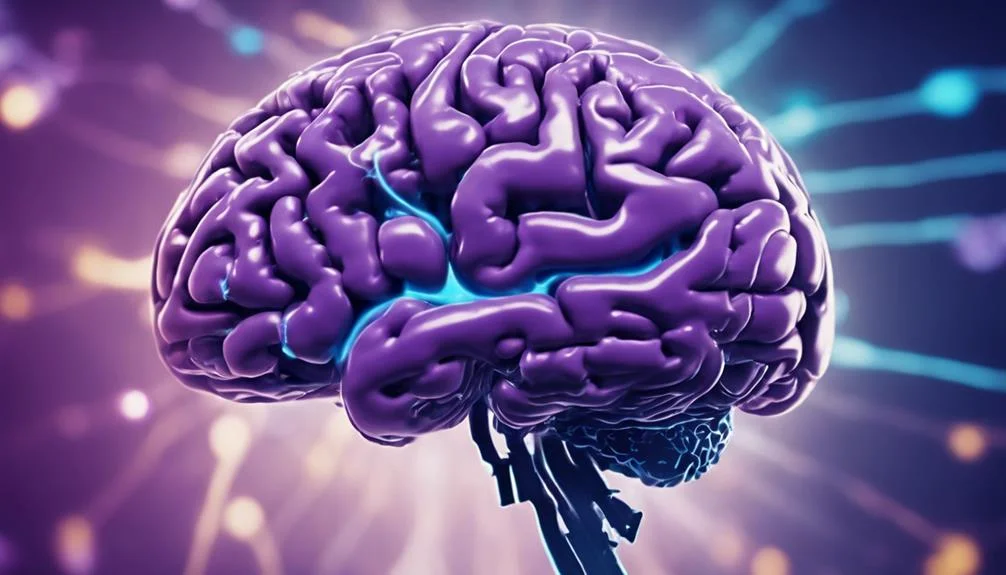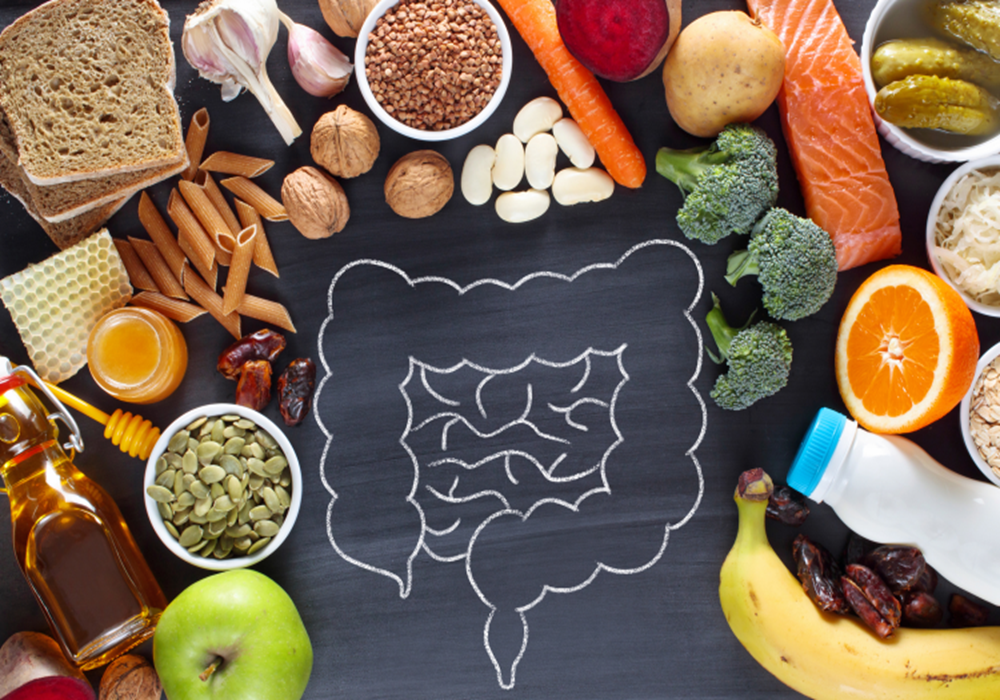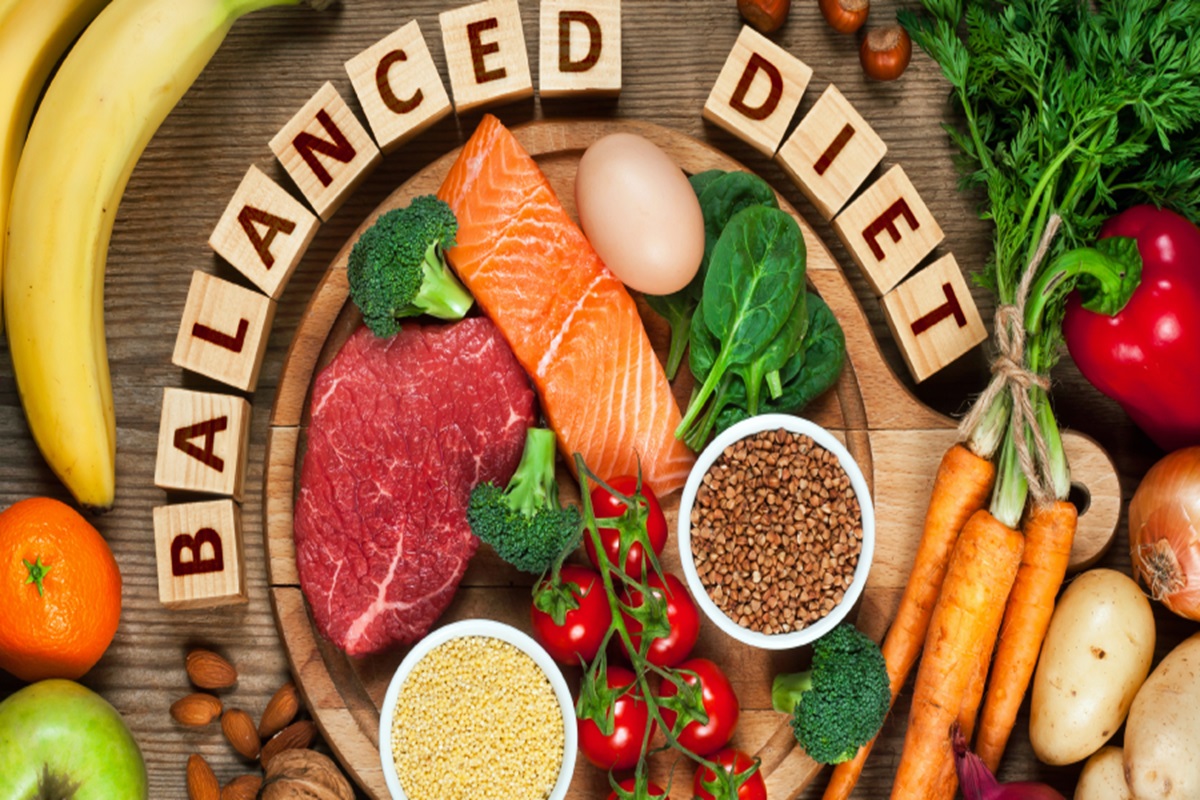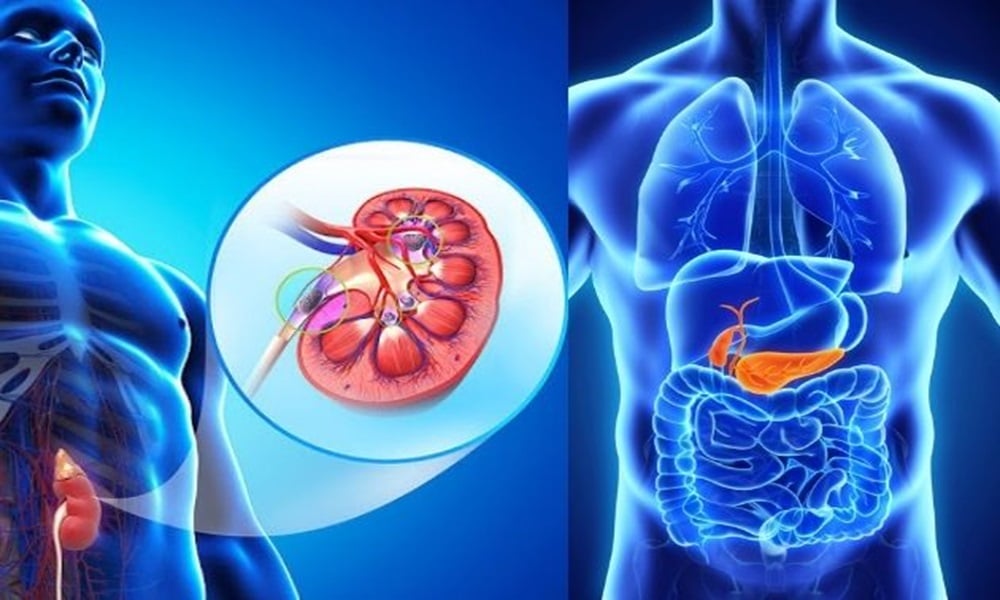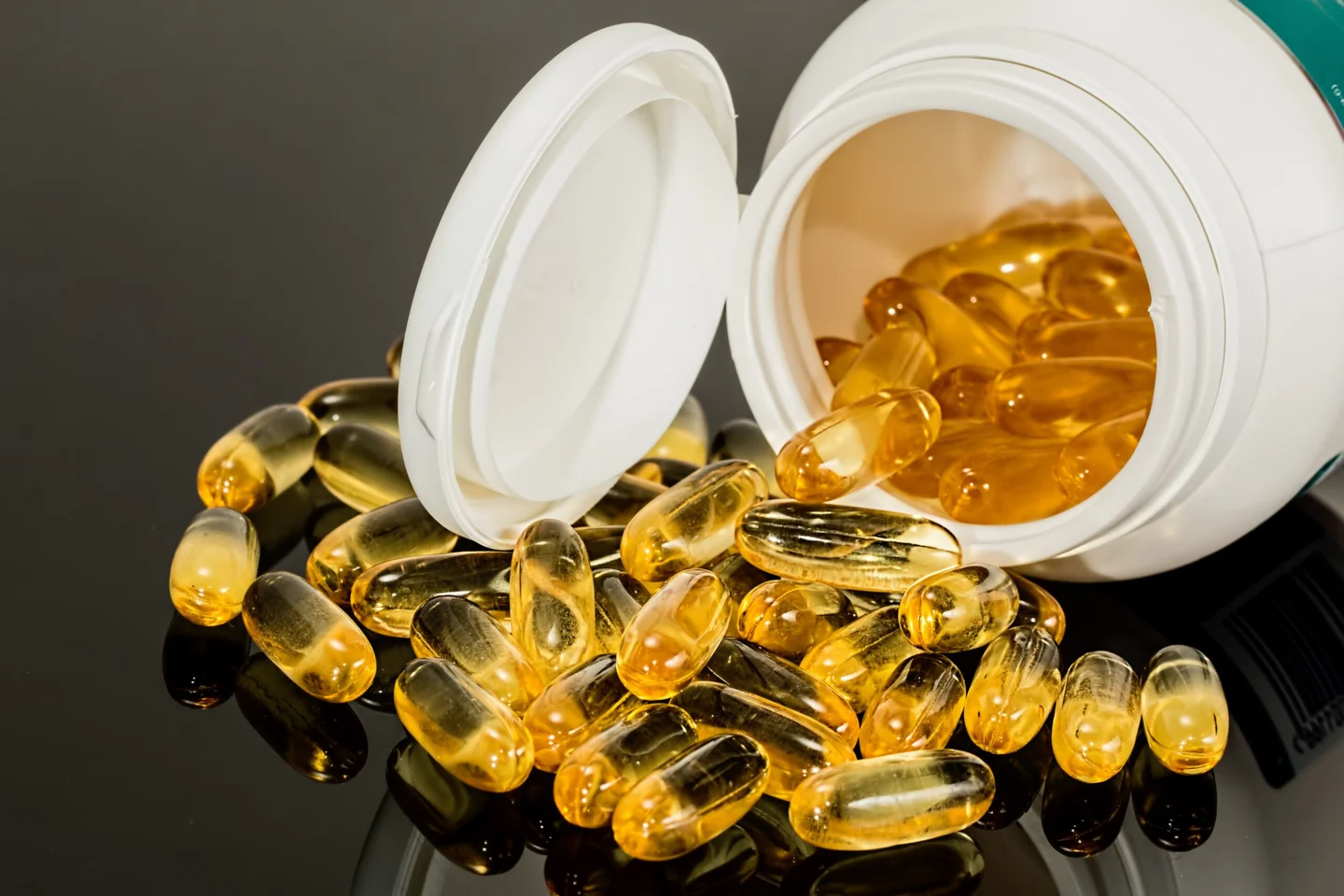Many people around the world are affected by cognitive decline and dementia which can cause problems with thinking and memory. Scientists predict that more people will have these issues as they get older. Some things that affect the risk of cognitive decline and dementia cannot be changed like having genes that make it more likely. But other things like smoking, being overweight and not exercising can be changed.

Researchers are interested in how food affects cognitive decline and dementia. They’ve studied diets like the Mediterranean diet, which seems to help keep the brain healthy. New research shows that following a traditional Japanese diet might also be good for the brain, especially for women.
The Traditional Japanese Diet
Japan is known for having many people who live a long time. One place in Japan Okinawa has a lot of people who are over 100 years old. The food they eat might be one reason why they live so long. The traditional Japanese diet includes foods like rice, fish, fruits (especially citrus fruits), miso (a kind of soybean paste), seaweed, pickles, green tea, soybeans, soybean sprouts, and mushrooms like shiitake. They don’t eat much red meat or coffee.
The Japanese diet isn’t something people do for a special reason like losing weight. It’s just what many Japanese people eat every day. Researchers looked at 1,636 Japanese adults aged 40 to 89. They asked them to write down everything they ate and drank for three days. They also took pictures of their meals.
Based on what they ate, the researchers put them into three groups: those who followed a traditional Japanese diet, those who followed a typical Western diet (with lots of refined carbs, fatty foods, soda, and alcohol), and those who ate a lot of plant foods (like grains, vegetables, fruits) and dairy.
The researchers also asked about other things that could affect brain health, like whether they smoked or exercised, and if they had health problems. They did brain scans on everyone to see if their brains were getting smaller, which can be a sign of cognitive decline and dementia.
Women who followed the traditional Japanese diet had less brain shrinkage over two years compared to women who followed the typical Western diet. But the diet didn’t seem to make a difference for men. There could be a few reasons for this. Women may benefit more from certain nutrients found in the Japanese diet, like magnesium and plant estrogens. Also, men were more likely to smoke and eat foods that aren’t part of the traditional Japanese diet which could be bad for their brains.
